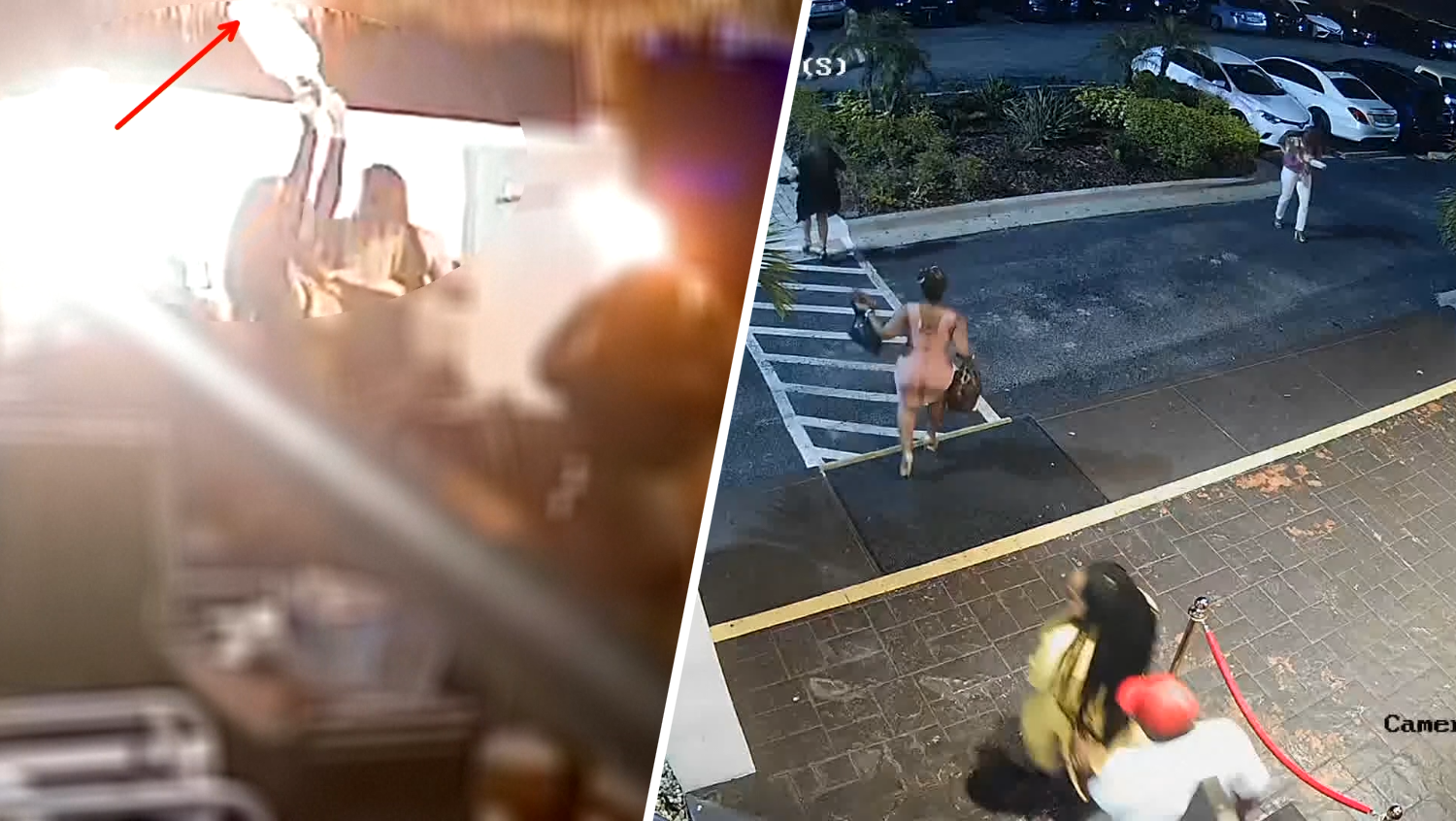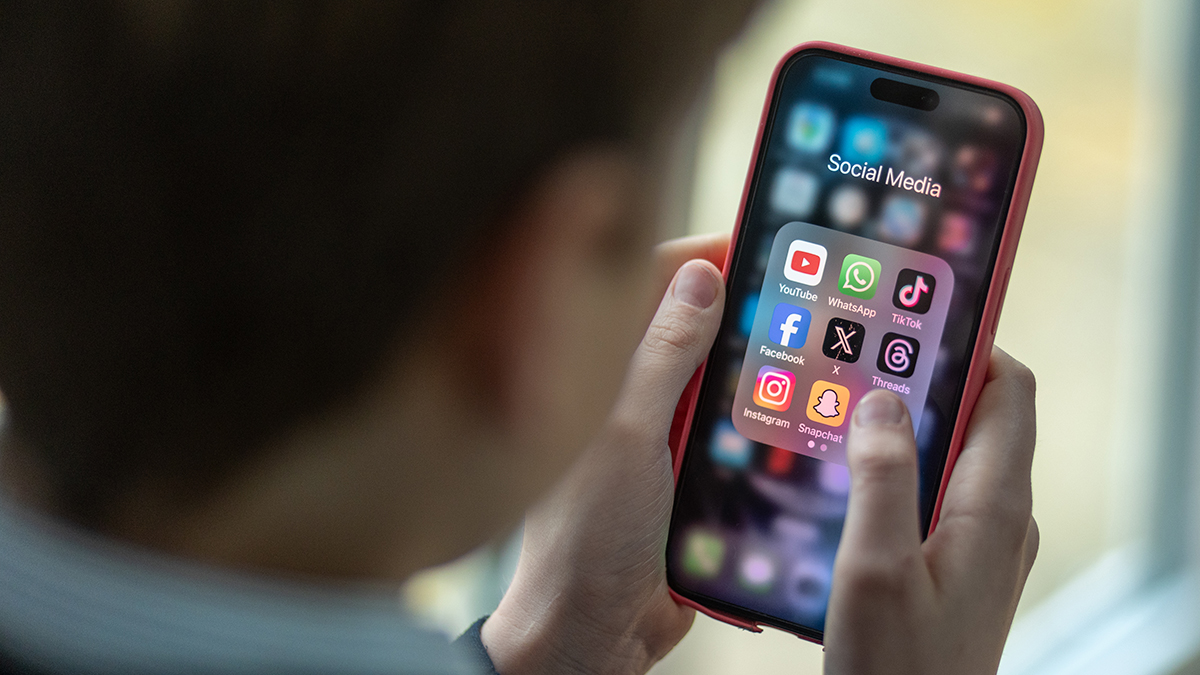United States government will loosen restrictions on travel to Cuba starting Friday as part of a major shift in diplomatic relations between the two countries.
While tourism has not been approved, trips to Cuba for family visits, educational activities, humanitarian activities or journalism no longer require a license from the U.S. Treasury Department. Many travelers planning trips under the pre-approved categories, however, will still need to obtain a visa from the Cuban government before they can go to Cuba.
On Thursday, passengers at Miami International Airport expressed mixed feelings about the easing of travel after decades of restrictions.
Douglas Fritz applauded the changes, saying he "would love to go to Cuba."
“I think it's time to reestablish a relationship with those people. They are human beings just like we are," Fritz said.
Others disagree.
“I don't agree with any of their philosophies and I don't see any good coming out of them while they're there," said Beverly Ervin.
U.S. & World
The ability to travel more freely isn't the only impact South Floridians will feel under a series of changes announced by the Obama administration last month.
U.S. citizens will be able to start bringing home small amounts of Cuban cigars, long adored by aficionados but banned under U.S. law. The limit is $100 for alcohol and tobacco products and $400 in total goods.
The change in regulations will also increase the amount of money allowed to be sent from someone in the U.S. to someone in Cuba from $500 to $2,000 per quarter. Authorized travelers who have family on the island can carry up to $10,000 during their visits.
“For us that's going be really good, for everybody, even for the Cubans that are here," said Luis Ramos. "But I think more for being able to go and being able to -- in the future -- bring people here easier is better."
The series of executive branch moves, taken together, that have had the effect of punching a large hole in America's half-century-old embargo. Although only Congress has the authority to fully end the 54-year embargo. The new spirit of cooperation emerged after 18 months of secret talks that culminated in the exchange of imprisoned spies and the release of Alan Gross, a U.S. government contractor who had been imprisoned in Cuba for five years.
Interest in travel is expected to be high. The few U.S. companies facilitating travel to Cuba say inquiries have exploded since December and American visits are expected to surge this year from about 90,000 annually.
United Airlines, Delta Air Lines and JetBlue Airways have all expressed an interest in flying to the island nation. Before airlines offer routine service from one country to another, the two governments must agree on the terms in a treaty.
The tourism surge could present other challenges as well.Hotels in Havana and elsewhere generally fall short of international standards, and those with better food and service are almost always fully booked during the winter high season. So t
"American tourists are really demanding," said Maikel Gonzalez, a 34-year-old hotel receptionist in Havana. "How do I explain to one that the taxi didn't come because it doesn't have tires or that there's no water in the rooms?"
Cubans also can legally rent out their homes or apartments, which could mean money outside of state control going to private citizens — something American officials say they want.



